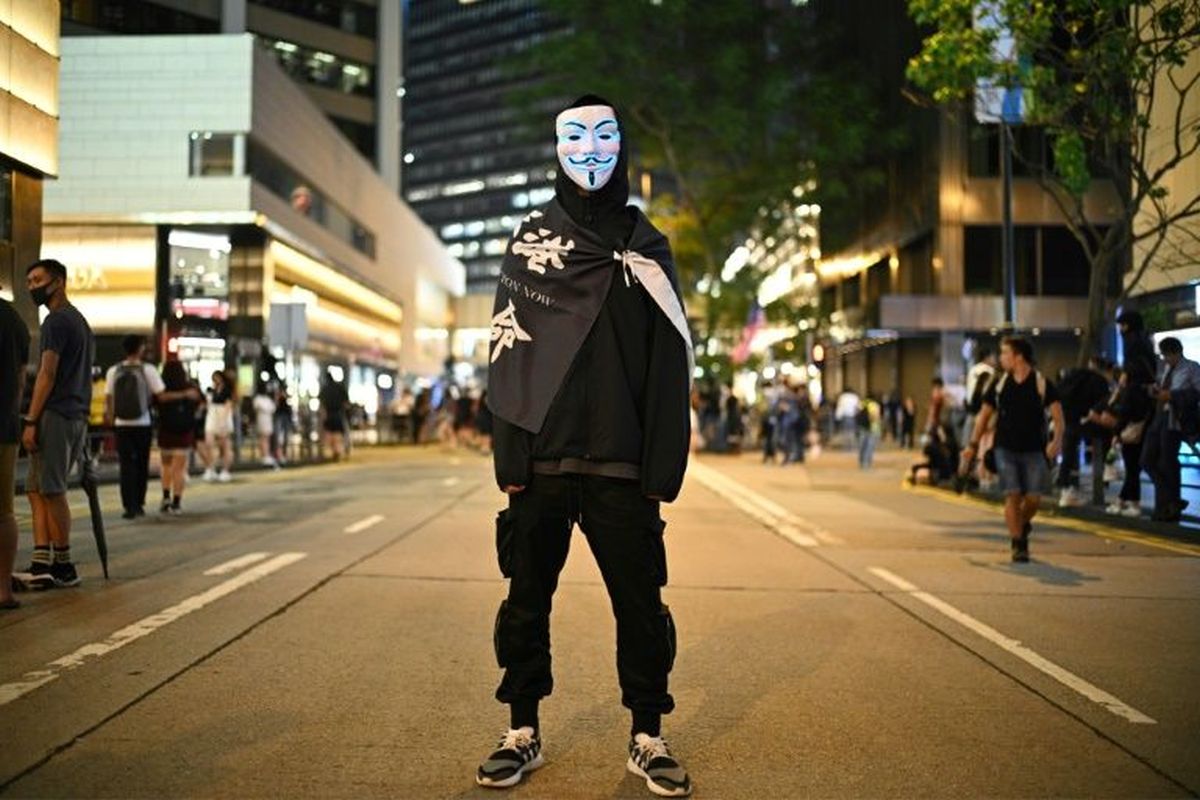Study finds petrochemical industries behind winter ozone pollution
Severe wintertime ozone (O3) pollution may be driven by alkene emissions from local petrochemical industries, and can be detrimental to human health, finds a study.
The move was seen as a watershed legal moment for the city since its 1997 return by Britain to China — but has been largely symbolic.

(Photo: IANS)
China’s top legislature said on Monday that Hong Kong courts have no power to rule on the constitutionality of legislation under the city’s Basic Law, which includes a proposed ban on face masks.
The statement could further fan the flames in Hong Kong after months of violent protests over concerns that Beijing is chipping away at the autonomy of the financial hub.
Advertisement
The ban on face-covering came into force in October, when the city’s unelected pro-Beijing leader invoked colonial-era legislation for the first time in more than 50 years.
Advertisement
The move was seen as a watershed legal moment for the city since its 1997 return by Britain to China — but has been largely symbolic.
According to Parliamentary spokesman Zang Tiewei, only the legislature had the right to rule on whether a law is in accordance with the Basic Law — the city’s mini-constitution.
In October, the city’s democracy activists went to court to challenge an emergency law that ban protesters from wearing masks, as protesters vowed to use Halloween parties to defy the restrictions once more.
The city’s embattled leader Carrie Lam had introduced a ban on people wearing masks at public rallies, colonial-era emergency legislation that has not been used in more than half a century.
The Hong Kong government banned Joshua Wong, one of the most prominent faces of the pro-democracy movement in the city, from running in the upcoming district-level elections.
The protests, which have been drawing massive crowds since June following a contentious proposed extradition law that has been pulled by the government, have mutated into a movement that seeks to improve the democratic mechanisms that govern Hong Kong and safeguard – or expand – the region’s partial autonomy from Beijing.
In 2018, the Hong Kong government had disqualified the candidacy of another pro-democracy activist, Agnes Chow, for the Legislative Council by-election in March of the same year due to her stance on advocating self-determination for the former British colony.
The controversial China extradition bill was withdrawn in early September but the movement has morphed into a wider campaign for greater democracy and against alleged police brutality.
Advertisement